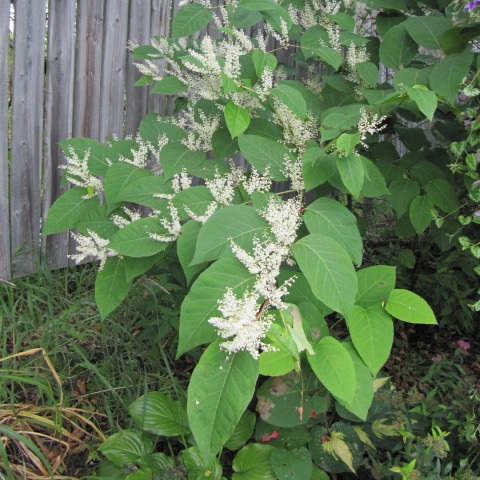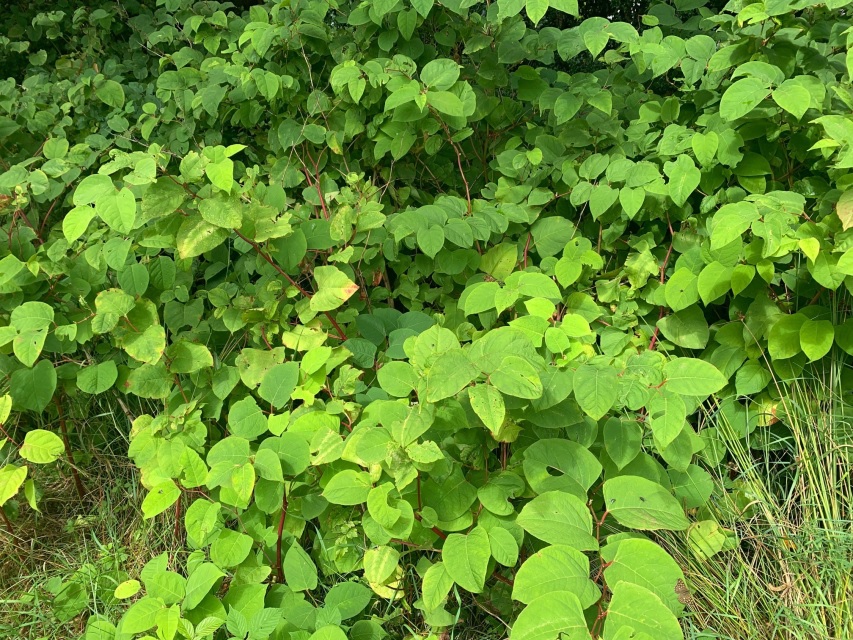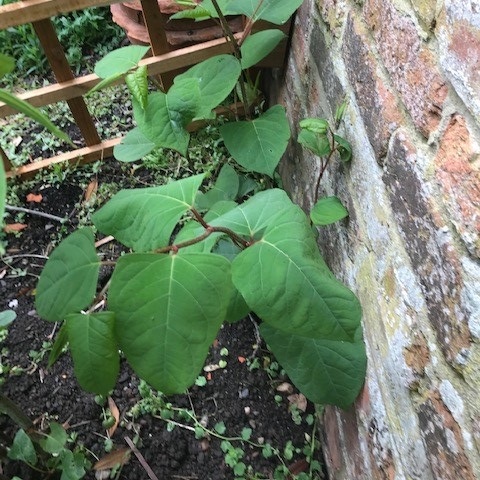
Japanese knotweed can cause havoc if it's left to grow wild in our communities. Currently, it is not a crime to have Japanese knotweed growing on your land, however, if the infestation spreads to surrounding areas, you could find yourself in court. A law was introduced in 2014 allowing local authorities to penalise people who did not take adequate steps to remove Japanese knotweed from their land. This law was put in place to help make sure communities aren't devastated by the invasive plant.
More...

A recent announcement suggests that there'll be new Japanese knotweed guidance from a range of invasive species and house associations coming soon. RICS, the Housing, Communities and Local Government Select Committee (HCLG) and Defra have worked together to tackle misinformation about knotweed. They realise that many people who are trying to buy or sell a home are left unsure how to deal with a Japanese knotweed problem, so their guidance will explain how homeowners should try to control knotweed rather than eradicate it completely.
More...
Japanese knotweed is one of those plants that homeowners fear. Not only is it notoriously difficult to get rid of, but it can also cause a number of structural and legal problems too.

Photo by Leonora Enking - Licence CC BY.SA 2.0 (View Original)
Today we're taking a closer look at Japanese knotweed's capabilities to find out if it can damage foundations.
More...

Earlier this year, as thousands were rushing to finalise their property transactions before the end of the stamp duty holiday, several property experts warned people to "be honest" about Japanese knotweed when selling their homes.
Good advice - but it seems that many sellers weren't listening. Property industry magazine The Negotiator reports that Japanese knotweed misrepresentation cases have increased by 25% in the past year, and this rise is apparently "due in part to buyers and sellers rushing transactions to win stamp duty holiday savings".
More...

As winter approaches, Japanese knotweed (Fallopia japonica) enters the dormant phase of its annual growth cycle. During this period, the clusters of cream-coloured flowers will disappear and the bamboo-like canes will die away, but don't be fooled - the plant itself lives on beneath the soil.
If you've done your research, you may be aware that Japanese knotweed rhizomes can stay in the ground for a long time, dormant but not dead. This can lead to some real headaches when attempting to buy or sell a property that was affected by knotweed in the past; the plant may no longer be visible above ground, but it's difficult to know for sure that it will never reappear.
More...
